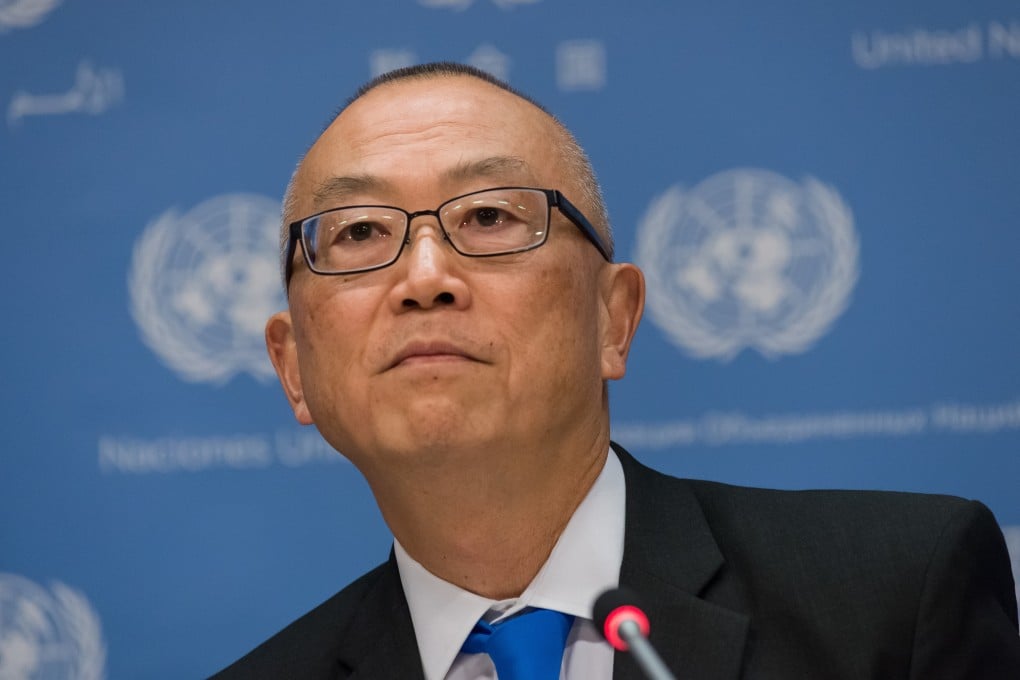Coronavirus: HKU school head chides former worker for tarring reputation of ex-colleagues on American TV over alleged research cover-up
- Dr Yan Limeng, a former postdoctoral fellow at the university, spoke on Fox News, claiming superiors did not act on her early findings about Covid-19 human transmission
- Professor Keiji Fukuda from HKU’s School of Public Health issues internal memo to staff, expressing concern over allegations and impact on ‘highly respected members’

The head of a medical school at Hong Kong’s top university has chastised a former employee for harming the reputation of her ex-colleagues when she accused them on American television of engaging in a cover-up in their coronavirus research.
The scientists were not conducting secret research or going after rumours in their studies, but were focused on urgent health issues, Professor Keiji Fukuda, director of the School of Public Health under the University of Hong Kong, said in an internal memo to staff seen by the Post.

Dr Yan Limeng, a former postdoctoral fellow at the university, had given an interview to Fox News last Friday, in which she accused the school of failing to act on her findings on the Covid-19 virus making the jump to humans.
In his message to staff on Wednesday, Fukuda, a former World Health Organisation official, suggested her so-called findings were “rumours”, adding: “I have written this note out of concern about the potential for Dr Yan’s speculations to harm the reputations of our close colleagues, who are highly respected members of our school.”
Fukuda said none of the researchers named by Yan, including Professor Leo Poon Lit-man, her supervisor, or Professor Malik Peiris, both of whom were involved in studies on Covid-19, were part of any “secret research” or cover-up, as she claimed.